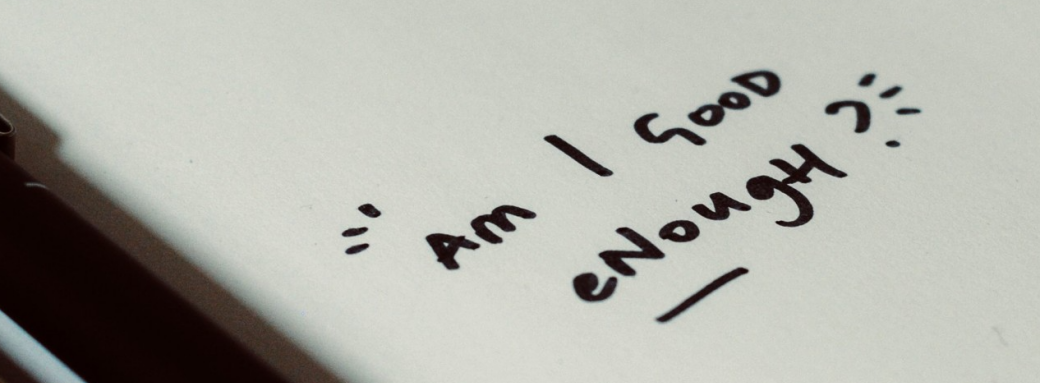|
Personal Blog
|

Published: 2021-12-10 in Organization || Author: Hans Peter Willems - CEO MIND|CONSTRUCT
Imposter syndrome, the nagging feeling that you are not good enough, somehow a fraud and that you will be exposed as such, sooner or later, is in most cases the result of self-doubt.
|
You think that you don’t know enough, a feeling that people who actually know a lot surely will recognize because imposter syndrome predominantly hits people who actually know quite a lot. Self-doubt, in extreme forms, can surely be an inhibitor, but aside from that it is actually a Superpower. Doubting your own knowledge, experience, or even your abilities, can make you feel that you need to act. That you need to somehow mitigate your perceived weaknesses and try to get more knowledge, more experience, to get better at what you are aiming for. People who are eager to learn things, when confronted with this sense of self-doubt, simply pick up the pace to learn even more. Where this becomes a Superpower is when this ‘learning even more’ becomes a habit, constantly being triggered by a nagging sense of self-doubt. A healthy dose of self-doubt also shields you against being over-confident. It constantly makes you question your own decisions, which consequently makes you evaluate your decisions in more detail. This obviously leads to better, more founded decisions, and a high probability that those decisions lead to success instead of failure. A lack of self-doubt is basically what triggers the so called ‘Dunning-Kruger’ effect; the idea that all you know is everything there is to know, and therefore you know it all. You see no reason to doubt your own knowledge, and as a consequence, to doubt your decisions based on your knowledge. Self-doubt is a bullet-proof shield against this effect. |
Self-doubt can even help you to better deal with uncertainty in the face of what might happen in the (near) future. When you are in a constant state of re-evaluation of your own decisions and the things that happen around you and influence those decisions, it gives you the flexibility to change course on the dime if needed. It keeps you from being fixated on a perceived future that might not happen at all, but somehow fits into your unchecked model of the world. Constantly checking your steps into the future prevents you from that. It is a habit you that can learn, albeit rather hard to learn if you don’t have it. However, people that ‘suffer’ from self-doubt have this ability naturally. So if you are a chronic self-doubter, nurture it, be proud of it. It’s a Superpower that can lead you to great success. My guess is that a large part of the people we perceive as powerful because they are incredibly successful, are actually fierce self-doubters. Because self-doubt inevitably leads to better founded decisions, and those successful people obviously made a lot of better founded decisions. There’s no way around that. |
|
About the author: Hans Peter is the founder and CEO of MIND|CONSTRUCT. He has experience with more than 20 programming languages, has over 30 years of experience in IT, and broad expertise in software engineering, software quality assurance, project management and business process engineering. Besides this, Hans Peter has been a serial entrepreneur for more than 30 years now, has worked as a business coach and consultant in many projects and has worked several years as a teacher in the domain of software development. |
| © 2024 MIND|CONSTRUCT |
- 2024-09-09 - Approaching Robotics companies for joint R&D
- 2023-05-01 - Destination USA
- 2022-06-07 - Implementing a new CMMI Quality Management system
- 2018-11-01 - MIND|CONSTRUCT moves to Oosterhout
- 2016-01-07 - New office and research lab in Heinkenszand
- 2014-09-08 - MIND|CONSTRUCT incorporated
- 2012-04-18 - MIND|CONSTRUCT officially launched

